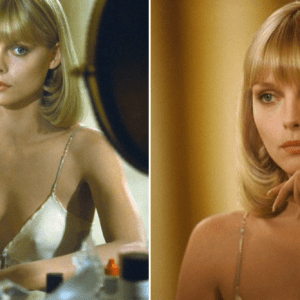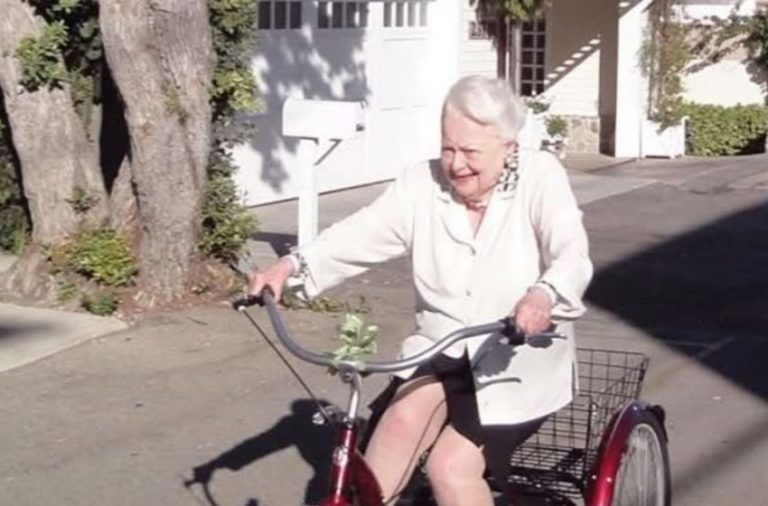
Few names in Hollywood history carry the weight and elegance of Olivia de Havilland. Born July 1, 1916, in Tokyo, she became a defining figure of American cinema’s Golden Age. From swashbuckling adventure films to Oscar-winning dramas, Olivia wasn’t just a performer—she was a presence. And she didn’t just play strong women on screen—she was one.
By the time of her passing in 2020 at the age of 104, she had left behind more than a reel of beloved films. She had helped rewrite the rules of Hollywood itself.
Video: Olivia de Havilland presents the 75th Academy Awards Reception
After moving to California as a child, Olivia found her footing in film during the 1930s. She quickly made a name for herself starring opposite Errol Flynn in Captain Blood (1935) and The Adventures of Robin Hood (1938). Their chemistry lit up the screen, and she became a fixture in Warner Bros.’ most successful films.
But it was Gone with the Wind (1939) that carved her name into cinematic history. As the gentle and loyal Melanie Hamilton, Olivia offered a compelling counterbalance to Vivien Leigh’s fiery Scarlett O’Hara. The performance earned her an Academy Award nomination and the adoration of audiences worldwide.
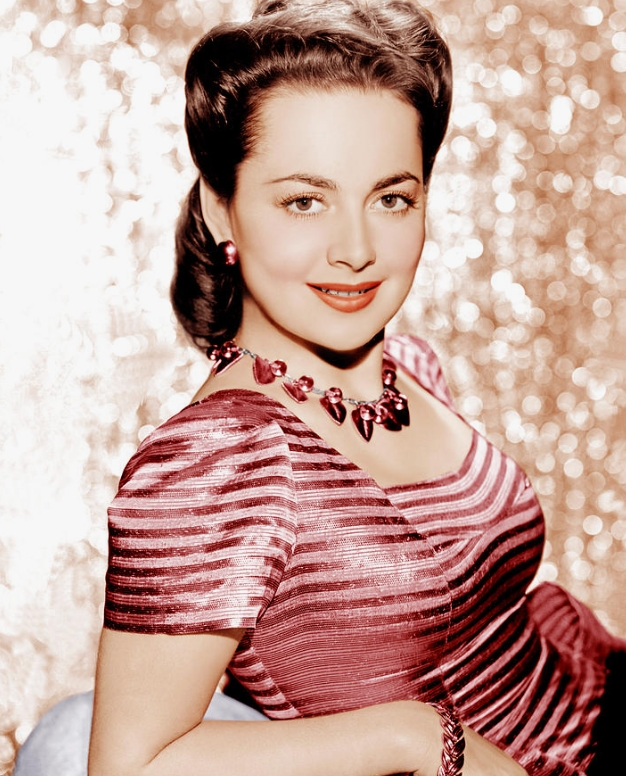
Olivia’s ability to move from delicate to determined made her one of the most versatile actresses of her generation. And while her beauty made her a favorite for costume dramas, it was her emotional depth that earned her the industry’s highest honors.
She won two Academy Awards for Best Actress—first for To Each His Own (1946), and then for The Heiress (1949). These roles pushed her far beyond the ingénue type. She was no longer just a Hollywood sweetheart—she was a dramatic force.
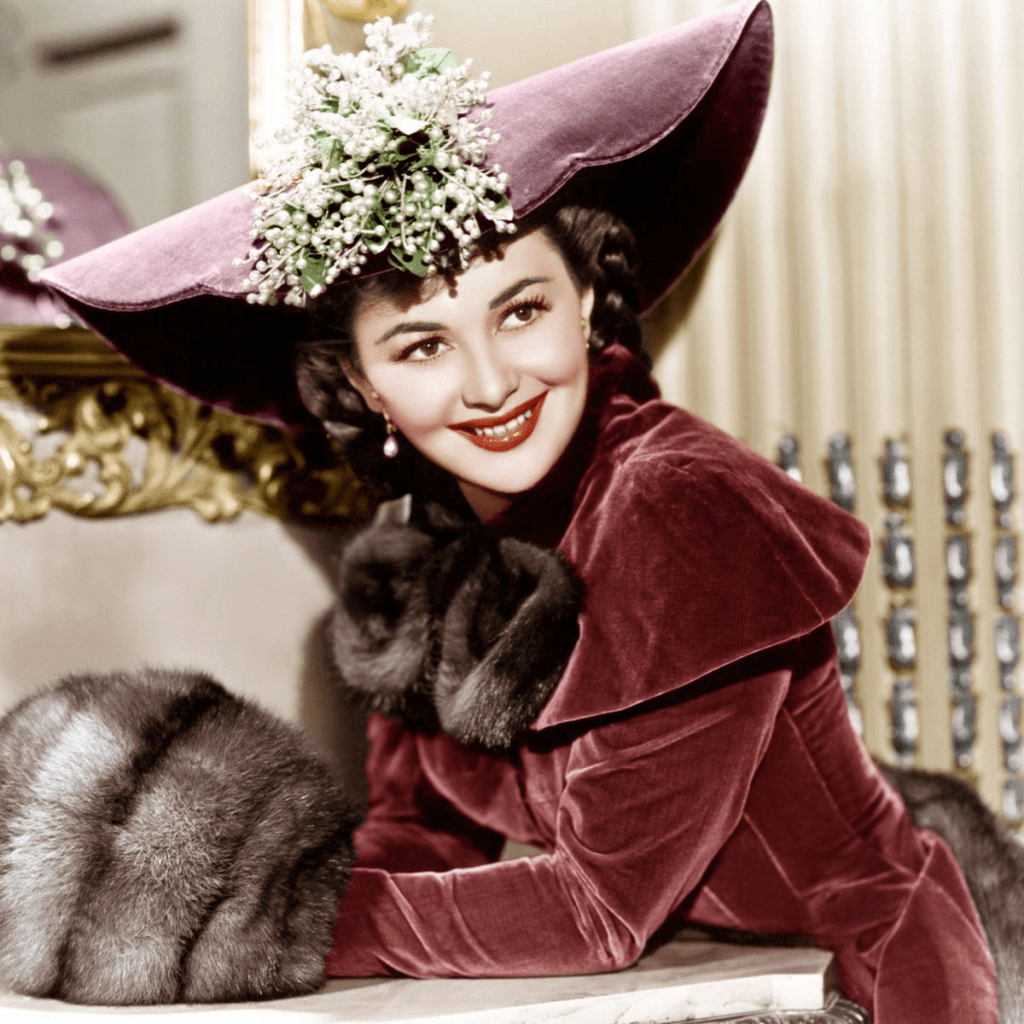
Here’s where Olivia’s story takes a turn most actresses of her time didn’t dare make. In 1943, fed up with being cast in roles she had no say in and chained by an unfair studio contract, Olivia stood up to Warner Bros.
The studio system at the time allowed companies to freeze actors’ contracts during suspension periods—effectively extending them indefinitely. Olivia said “enough.” She took Warner Bros. to court in a bold move that many warned could end her career.
Video: Olivia de Havilland: 60 Second Bio
But she didn’t just win the case. She made legal history.
The resulting “De Havilland Law” set a precedent in California labor code, giving performers more control over their careers and limiting studio dominance. It was a turning point not just for her, but for every actor who came after.
Olivia didn’t need to stay in the public eye to maintain her relevance. In the 1950s, she chose to relocate to Paris, where she embraced a quieter life. Though she continued to take select roles into the ’70s and ’80s, she was never one to chase fame.
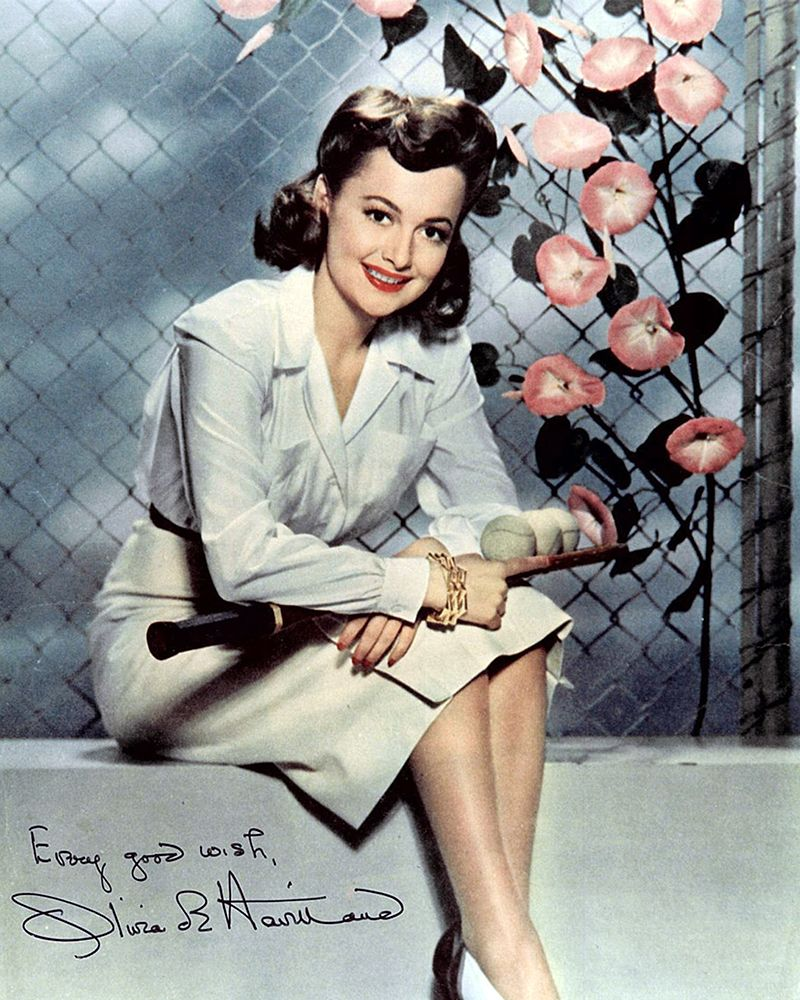
Instead, she became a quiet ambassador of classic Hollywood charm. She gave interviews sparingly, always with grace, always with wit. Her name still lit up events, and she received countless lifetime achievement awards for her contributions to film.
In 2017, she was made a Dame Commander of the Order of the British Empire—an honor that came just before her 101st birthday.
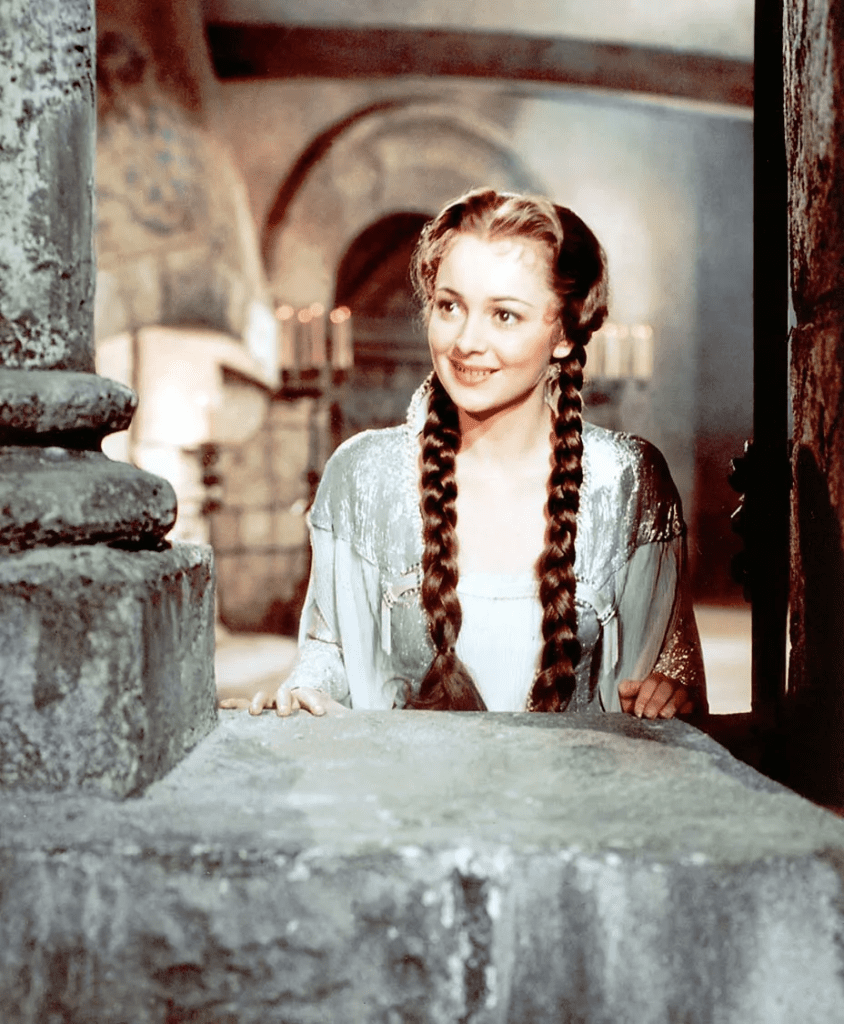
One of the more publicized elements of her personal life was her complicated relationship with her younger sister, Joan Fontaine. Though both were major stars and Academy Award winners, their rivalry was widely reported.
While Olivia stayed largely private about the feud, the tension between the sisters became part of their legacy. Still, it never overshadowed her contributions to the film industry.
Video: Olivia de Havilland from 0 to 104 years old
Olivia de Havilland lived through every major transformation of cinema—from the studio era to the rise of independent film, from black-and-white to Technicolor, from the Great Depression to streaming services. Through it all, she remained an icon.
Her death on July 26, 2020, marked the closing of a chapter in Hollywood history. At 104, she wasn’t just a survivor of that glittering era—she was one of the few who helped define it.
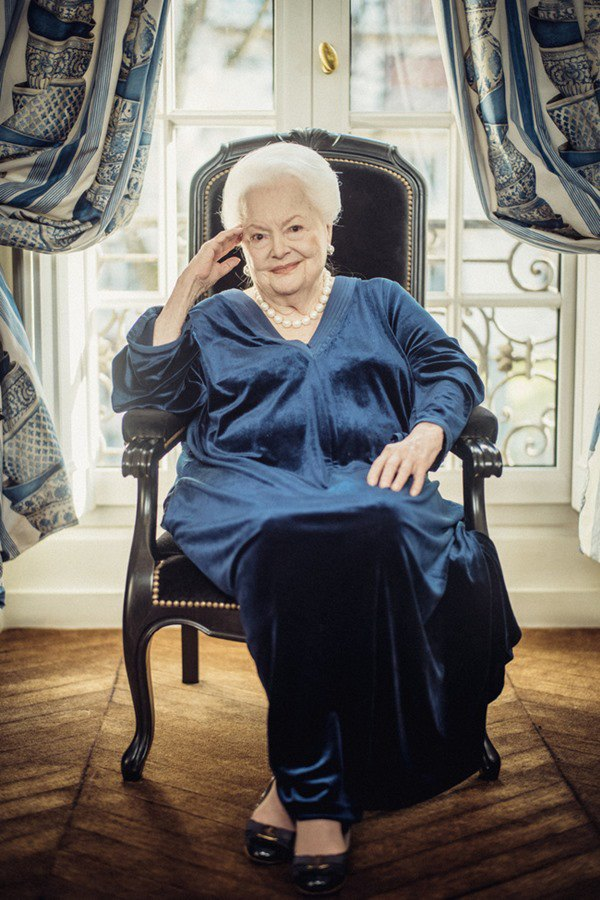
Olivia de Havilland wasn’t just an actress. She was an architect of change. Her courage to challenge the system, her refusal to be boxed into typecast roles, and her dedication to craft over celebrity make her one of the most important figures in Hollywood history.
She showed that strength doesn’t always roar. Sometimes, it quietly rewrites the rules, shifts the balance, and opens the door for others to walk through.
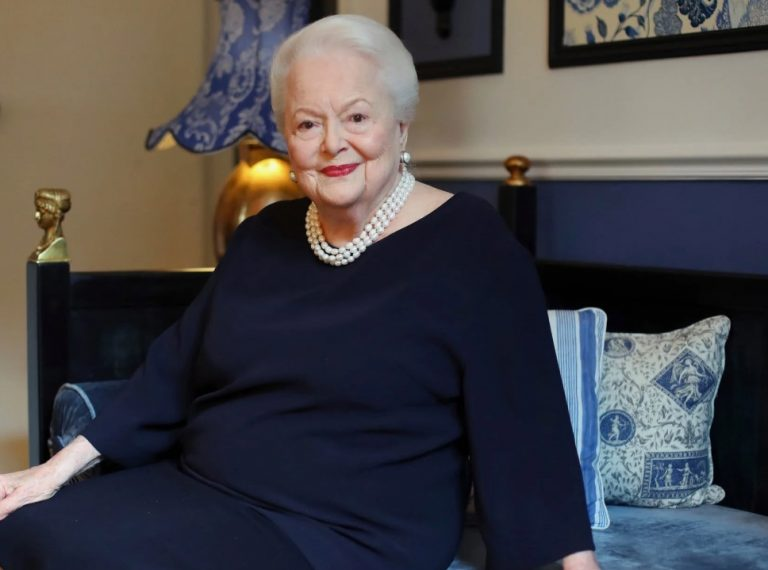
Her name may live on in credits and classic film reels, but her true legacy lies in the freedom every working actor has today—because Olivia dared to say, “No more.”

